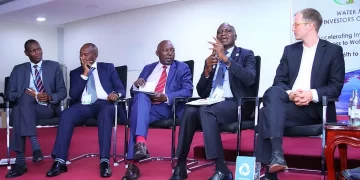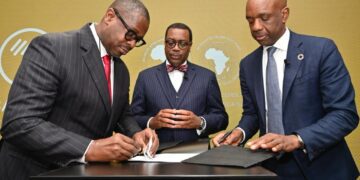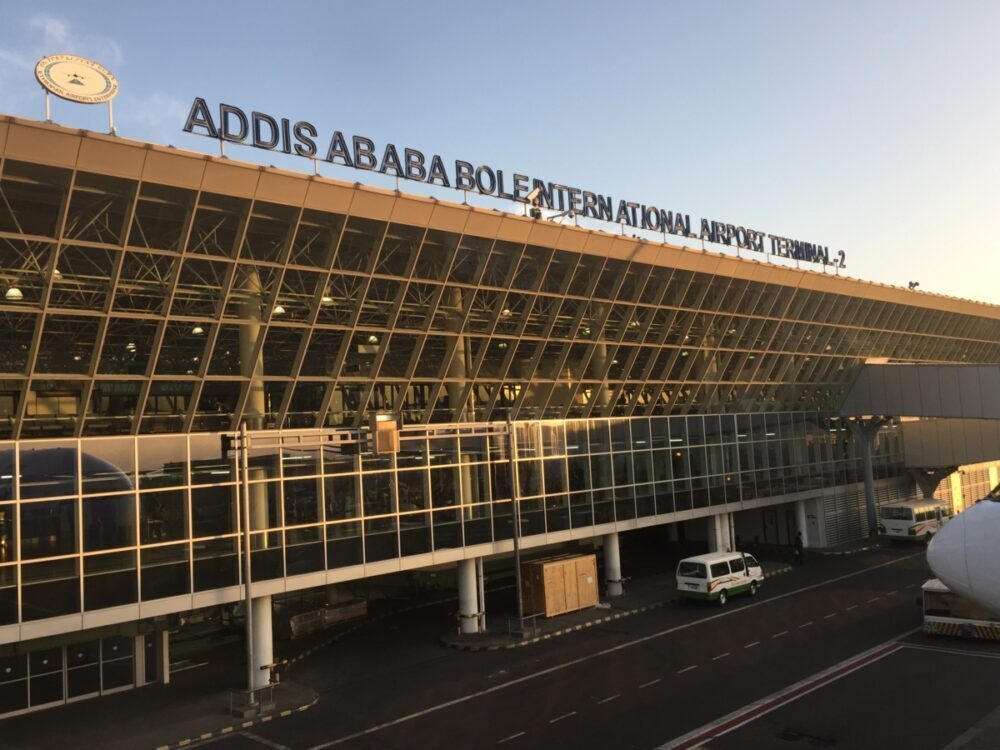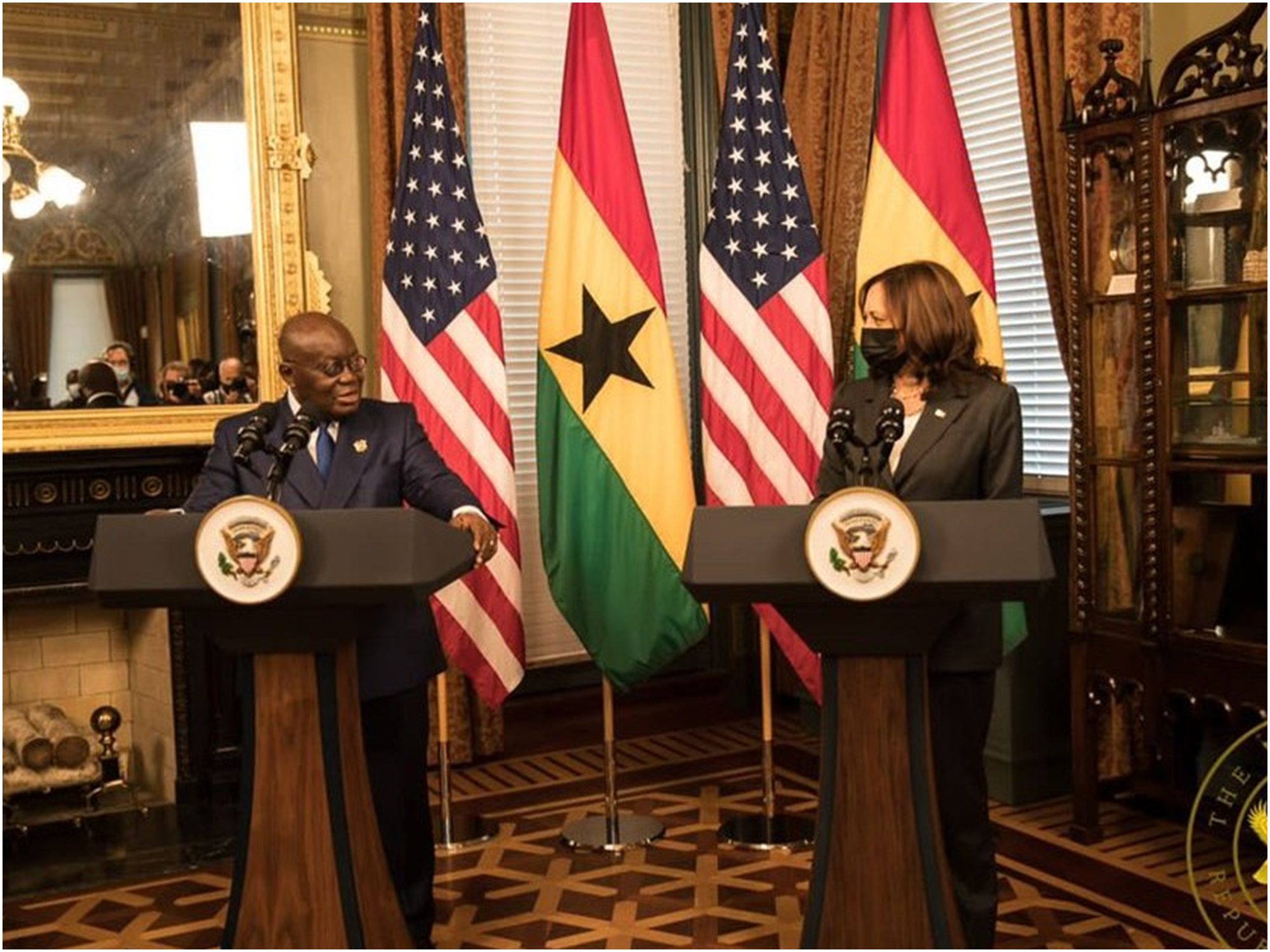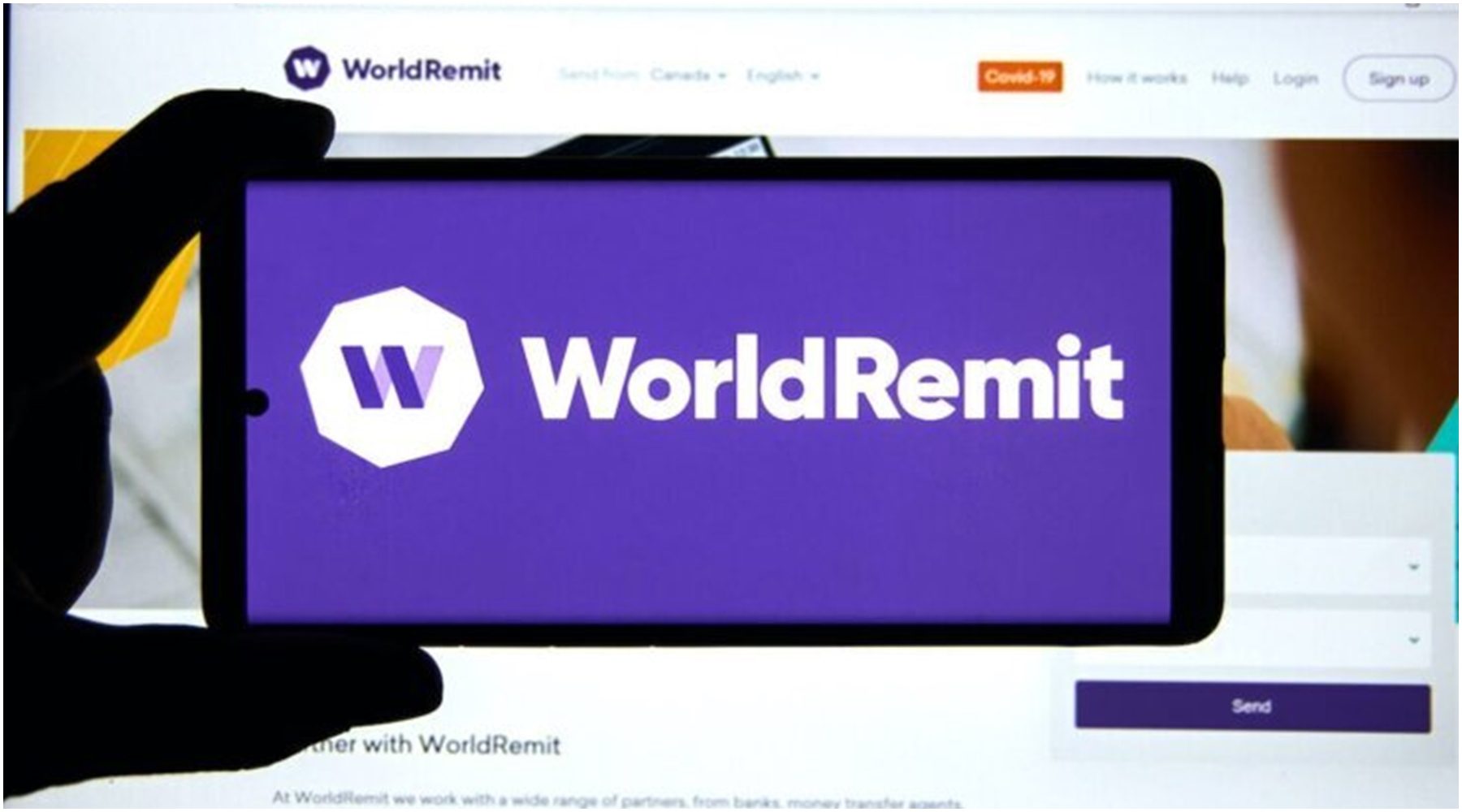- Most comprehensive benefits platform across health, wealth and career offered in Africa
- Solution based on global best practices and aligns to local market trends
- Responds to challenges faced by large local companies and multinationals in developing benefits and solutions across multiple jurisdictions and countries in Africa
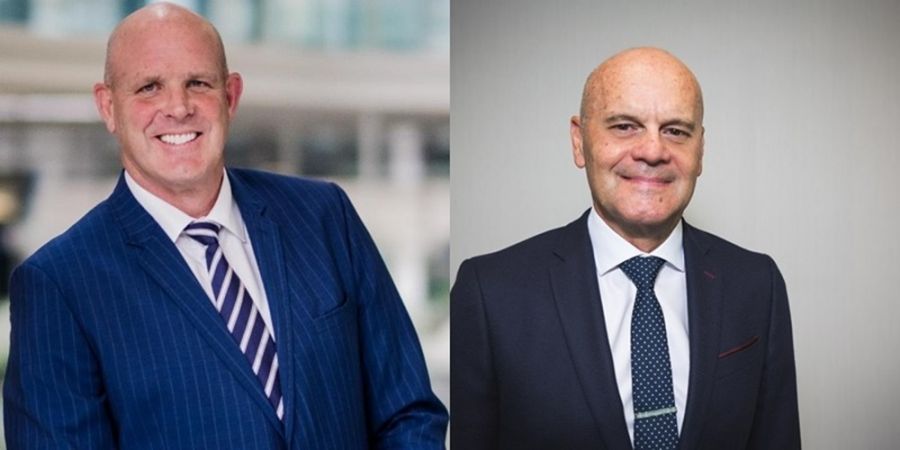 Only about a quarter of Ghanaian workers in the formal sector have access to suitable benefits. In a report, which takes a look at the role of unions in improving work conditions in Ghana, Partnership for Economic Policy (PEP)-supported researchers found that this is because many employees are poorly informed about their entitlements or how to secure these benefits.
Only about a quarter of Ghanaian workers in the formal sector have access to suitable benefits. In a report, which takes a look at the role of unions in improving work conditions in Ghana, Partnership for Economic Policy (PEP)-supported researchers found that this is because many employees are poorly informed about their entitlements or how to secure these benefits.
In order to address such challenges, Mercer and Alexander Forbes, one of Africa’s leading financial services organisations, have come together to design Arrive, a pan-Africa benefits solution across, health, wealth and career that aligns to local regulations and is based on global best practices. The collaboration is the first of its kind between the two companies and the most comprehensive benefit service offering across Africa.
The “Arrive” programme is a response to challenges faced by large local companies and multinationals in developing appropriate benefits that work across all countries in which they operate. “Because each country has its own regulatory and benefit rules, it makes it difficult for multinationals to standardise benefits when operating in multiple jurisdictions and countries,” says Dawie de Villiers, Alexander Forbes Group Chief Executive.
Peter Botha, CEO for Africa at Mercer, believes a one-stop platform is the solution for companies in Africa looking to standardise their benefits. “With Arrive employers can enjoy improved efficiency, easy decision-making and affordability from a single point of contact while enabling employees to arrive at financial well-being, a rewarding career and better health throughout their life journey.”
With Africa susceptible to the disruptions presented by the Fourth Industrial Revolution, a compelling employee value proposition is becoming increasingly vital. According to Mercer’s 2019 Global Talent Trends Study, 73% of C-suite executives expect significant industry disruption in the next three years, which puts companies under increasing pressure to stay ahead of the challenges presented by technological advancements and changing workforce dynamics.
According to the 2018 Alexander Forbes Benefits Barometer, the financial wellbeing of employees impacts presentism, absenteeism and, in turn, lowers productivity, and ultimately retention. Similar studies, such as the Healthy, Wealthy, Work-Wise Studyconducted last year revealed that 60% of employees are at least somewhat stressed by their financial situation, thereby unable to bring their whole selves to work.
“Thriving businesses place people at the heart of what they do, because it makes good business sense. If people feel valued then they are more likely to really thrive at work, and, in turn, the company achieves better results,” notes Botha. “Success comes from seeing the big picture, therefore business leaders need to ensure they treat their people as an asset in which to invest, and not as a business cost.”
The 2017 WEF Human Capital Report showed this is not being recognised enough on our continent, with Kenya ranking at 78 in the world, and South Africa and Nigeria coming in at number 87 and 114 respectively. “African organisations have to be mindful of giving their employees flexible and personalised work/life solutions, as the continent is not immune to global developments. Our partnership with Mercer ensures we can structure benefits and solutions that deliver value consistently for companies,” concludes de Villiers.
 Only about a quarter of Ghanaian workers in the formal sector have access to suitable benefits. In a report, which takes a look at the role of unions in improving work conditions in Ghana, Partnership for Economic Policy (PEP)-supported researchers found that this is because many employees are poorly informed about their entitlements or how to secure these benefits.
Only about a quarter of Ghanaian workers in the formal sector have access to suitable benefits. In a report, which takes a look at the role of unions in improving work conditions in Ghana, Partnership for Economic Policy (PEP)-supported researchers found that this is because many employees are poorly informed about their entitlements or how to secure these benefits.
